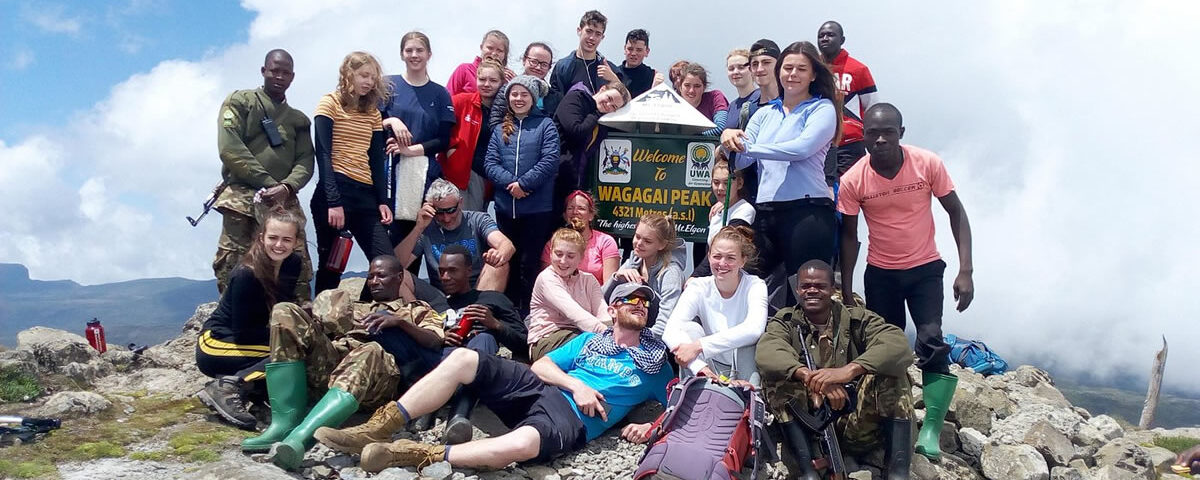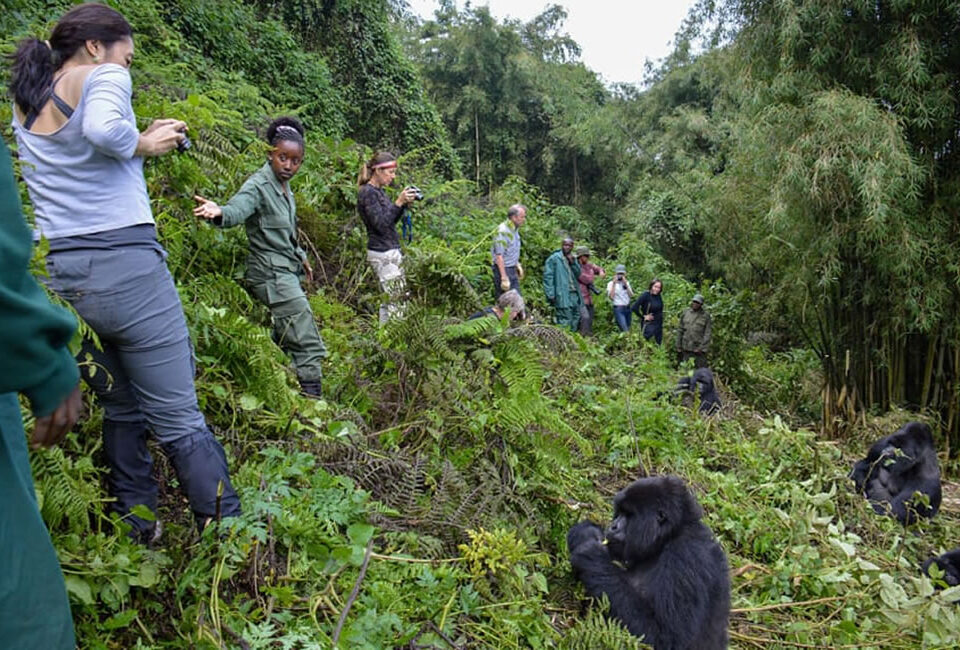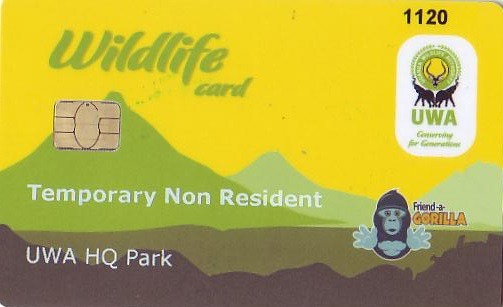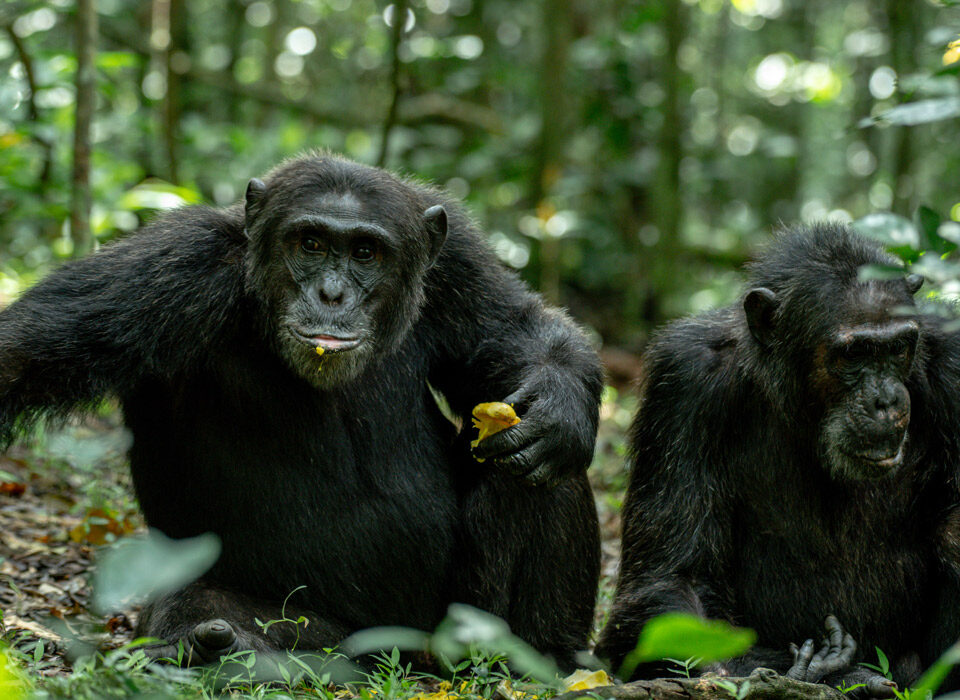
Top Things to Do in Uganda
April 2, 2025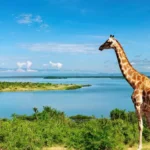
Making the Most of Your Safari Experience in Uganda:
April 3, 2025Staying Safe on a Safari in Uganda: Essential Tips and Guidelines
Uganda, often referred to as the “Pearl of Africa,” is an extraordinary destination for safari enthusiasts, offering breathtaking landscapes, rich biodiversity, and the opportunity to witness wildlife in its natural habitat. From the verdant forests of Bwindi Impenetrable National Park to the expansive savannas of Queen Elizabeth National Park, Uganda is truly a safari lover’s paradise. However, like any outdoor adventure, safety should always be your top priority. To ensure a safe, enjoyable, and memorable experience, it’s important to follow essential guidelines, whether you’re trekking mountain gorillas, embarking on game drives, or exploring the country’s cultural heritage.
In this guide, we will share important safety tips and essential guidelines to ensure that your safari in Uganda remains secure, responsible, and rewarding. From preparation before departure to wildlife-specific safety measures and health precautions, these guidelines will help you make the most of your safari while minimizing any risks.
Preparation: The Key to a Safe Safari
Choose a Reputable Tour Operator
Before embarking on your safari, it is crucial to choose a tour operator that has an excellent track record for safety, professionalism, and responsible tourism. Traford Safaris is a leading operator in Uganda, specializing in providing safe and unforgettable safari experiences. We ensure that our guests travel in well-maintained vehicles, are guided by trained and experienced professionals, and have access to the best safety measures throughout the journey.
A reputable tour operator, like Traford Safaris, will also be well-versed in local wildlife behaviour, safety protocols, and emergency procedures. This expertise ensures that your experience is both enjoyable and safe, while prioritizing your well-being throughout the trip.
Check Travel Advisories
It’s always essential to stay informed about the current safety situation in the country you’re visiting. Before booking your safari, check your government’s travel advisory website for the latest updates on safety, security, and health recommendations for Uganda. These advisories will provide important information regarding any areas to avoid and health risks to be aware of, allowing you to make well-informed decisions ahead of your trip.
Consult Your Doctor
A safari in Uganda can be physically demanding, and certain health precautions should be taken before your journey. Make sure you are up-to-date on necessary vaccinations such as yellow fever, hepatitis A and B, typhoid, and tetanus. Additionally, consult your doctor about malaria prevention, as Uganda is located in a malaria-endemic region. Your doctor will prescribe antimalarial medication and recommend the best preventive measures, such as insect repellent and mosquito nets. It is also wise to have a complete health check-up before you leave, especially if you have any pre-existing conditions.
2. On Safari: General Safety Guidelines
Listen to Your Guide
One of the best ways to stay safe while on safari is to follow the advice and instructions of your guide. Safari guides are highly trained in wildlife behaviour, terrain navigation, and safety protocols. They are equipped to handle any situation that may arise, and their knowledge can significantly enhance your safety and experience. Whether you’re on a game drive or trekking gorillas, always listen to your guide’s instructions on what to do and how to act.
Stay Inside the Vehicle
When on a game drive, always remain inside the vehicle unless instructed otherwise by your guide. Vehicles provide a protective barrier between you and the wildlife, especially when encountering dangerous animals such as lions, elephants, and buffalo. Ensure that your arms and legs are inside the vehicle at all times. This simple rule helps avoid unnecessary risks, as animals may become agitated if you make sudden movements or appear outside the vehicle.
Maintain a Safe Distance from Wildlife
While Uganda offers amazing opportunities to get close to wildlife, it is vital to maintain a safe distance from the animals at all times. As a general rule, maintain at least a 10-15 metre (30-45 feet) distance from large animals like elephants, lions, and buffalo. This distance ensures that the animals do not feel threatened or provoked. In addition, respect the animals’ space and avoid any behaviour that may stress or disturb them. In the case of particularly dangerous animals like lions or elephants, always rely on the guidance of your safari guide.
Avoid Wearing Bright Colours
Bright colours can attract unwanted attention from wildlife, especially large predators. For your safety and to enhance your wildlife viewing experience, it’s best to wear neutral-coloured clothing such as khaki, beige, or olive green. These colours help you blend into the environment and reduce the chances of attracting animals to your position. Bright clothing could potentially make you appear as a threat or disrupt the natural behaviour of animals, so choose subtle tones for the best experience.
Stay Hydrated and Energized
Safari days in Uganda can be long and physically taxing, especially if you’re trekking to see gorillas or walking in the wilderness. It’s essential to stay hydrated and maintain energy levels throughout the day. Bring a reusable water bottle and ensure it is always filled with safe, clean water. Dehydration can affect your physical performance, so it’s important to drink water regularly, especially during the heat of the day. Don’t forget to pack healthy snacks like granola bars, nuts, or fruit to keep your energy up while out on game drives or excursions.
Wildlife-Specific Safety Tips
While encountering wildlife in Uganda is one of the highlights of a safari, it’s important to understand the behaviour of certain animals and how to act safely in their presence. Below are some key safety tips for dealing with Uganda’s most famous animals.
Lion Safety
Lions are one of the most thrilling animals to see during a safari, but they can also be dangerous. If you encounter lions in the wild, avoid approaching or getting out of the vehicle. Lions are unpredictable, and their behaviour can change quickly if they feel threatened. Always remain calm, avoid sudden movements, and speak in a low voice. Never attempt to get out of the vehicle to take a closer look. Your guide will advise you on how to stay safe while enjoying the sight of these majestic predators.
Elephant Safety
Elephants are often considered gentle giants, but they can be highly protective and dangerous if they feel threatened. If you encounter elephants, always give them plenty of space—especially during mating season or when they are accompanied by young calves. If an elephant begins to charge, remain calm, stay inside the vehicle, and follow your guide’s instructions. Never approach an elephant, even if it appears calm, as their behaviour can change without warning.
Hippos and Crocodiles
Although hippos and crocodiles are not typically the first animals that come to mind when people think of dangerous wildlife, they are responsible for more human deaths in Africa than any other large animal. Hippos are territorial and can become aggressive, especially when they feel threatened or cornered. Similarly, crocodiles are unpredictable and can move incredibly quickly on land and water. Always maintain a safe distance from these animals, particularly near water bodies, and listen to your guide’s instructions for added safety.
Health and Medical Safety
Malaria Prevention
Uganda is located in a malaria-endemic region, and malaria is a serious health concern for travelers. Be sure to consult your doctor for an antimalarial prescription before you travel. Along with taking medication, use insect repellent with DEET, wear long-sleeved clothing in the evenings, and sleep under a mosquito net. These steps will significantly reduce your risk of malaria and other insect-borne diseases.
Water and Food Safety
To prevent gastrointestinal issues, it’s advisable to drink only bottled or purified water while in Uganda. Avoid drinking tap water, even in cities, and always opt for bottled or filtered water. When it comes to food, ensure that your meals are prepared hygienically, and avoid eating undercooked meat or raw vegetables that may carry bacteria. Additionally, carry hand sanitizers to maintain hygiene while traveling, especially in more remote areas.
Medical Emergencies
Accidents or medical emergencies can occur at any time, so it’s important to be prepared. Make sure your safari operator, such as Traford Safaris, is well-equipped with a first-aid kit and has a clear plan in place for handling medical emergencies. Your tour operator should also know the nearest medical facilities in case of more serious injuries. Having travel insurance that covers medical evacuation can also give you peace of mind.
5.Additional Safety Tips
Respect Local Customs and Traditions
Uganda is a diverse country with numerous tribes and cultural practices. It’s important to be respectful and mindful of local customs and traditions, especially when visiting rural areas or cultural sites. Ask your guide for advice on appropriate behavior when interacting with local communities and follow their recommendations to ensure a positive cultural exchange.
Stay Informed and Prepared
Always stay up-to-date with local news and weather forecasts, especially if you’re in a remote area or planning activities like gorilla trekking or hiking in mountainous regions. Unpredictable weather can affect travel plans, so it’s essential to be prepared for any situation. Your guide will keep you informed, but it’s also good practice to check the weather forecasts before heading out.
Follow Park Rules and Regulations
Each national park in Uganda has its own set of rules and regulations designed to protect both visitors and wildlife. It’s important to adhere to these rules, such as staying on designated trails, not littering, and following the guide’s instructions at all times. Park rangers and your guide are there to ensure that you stay safe while respecting the environment.
Conclusion: Stay Safe and Enjoy Your Safari
A safari in Uganda is a thrilling experience that offers the chance to witness wildlife in some of Africa’s most beautiful landscapes. By following these essential safety guidelines, you can ensure a secure and enjoyable journey. Choose a reputable operator like Traford Safaris, who prioritizes safety, and prepare yourself for an adventure of a lifetime. Contact us today at info@trafordsafaris.com to start planning your unforgettable safari in Uganda!


